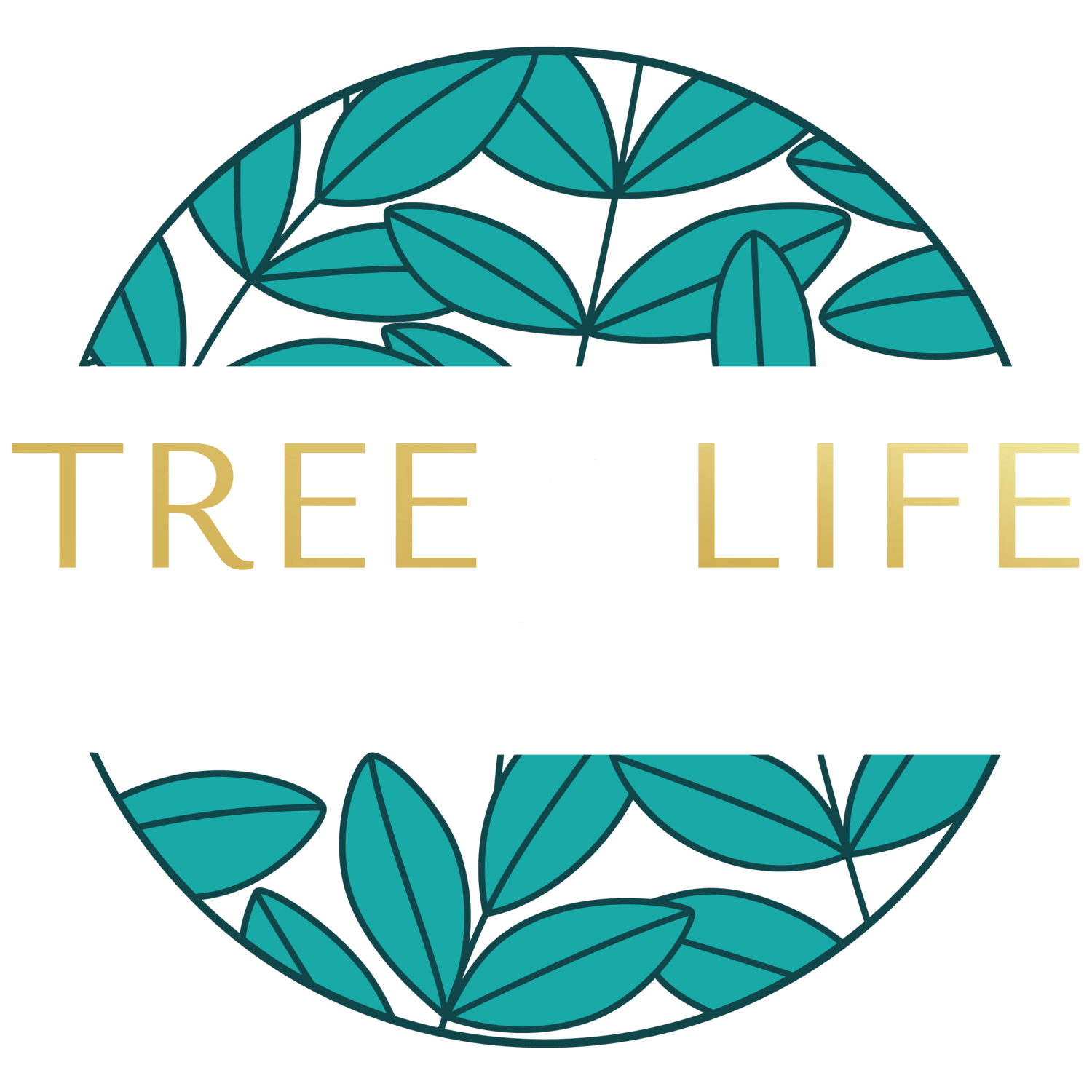Standing Strong: Rejecting the Oppressive Agenda of the Texas Behavioral Health Executive Council
The recent actions by the Texas Behavioral Health Executive Council (BHEC) and the Texas LPC Board represent a disturbing turn in the mental health field. These bodies have chosen to align themselves with harmful, regressive ideologies that threaten the very communities we are committed to serving. Despite overwhelming opposition from mental health professionals, the board has opted to whitewash our professional standards and engage in a culture war.
It’s clear that the decision was already made before the meeting even began. The board, instead of listening to the voices of experienced clinicians and the communities that need our support, chose to prioritize the views of individuals with clear dual relationships with board members. These individuals have gone as far as to issue threats of litigation, warning that if we speak out against their dangerous behavior, we’ll face legal repercussions. This is not only an abuse of power but a blatant attempt to silence those of us who are advocating for equity and justice in mental health care.
I am done seeking permission from oppressive systems to do what’s right. The truth is, we cannot continue to allow these systems to dictate the standards of care, especially when it is clear that their interests do not lie in the wellbeing of our communities. I refuse to wait for their approval to advocate for what is best for the people we serve, particularly those from marginalized groups.
This is not just about the actions of the board; this is about a broader agenda. We are witnessing individuals unite around an anti-trans, anti-LGBTQIA, and anti-diverse agenda—an agenda that has no place in our field. It is absolutely disgusting to see how these hateful ideologies have infiltrated a profession that should be rooted in compassion, empathy, and healing. As mental health professionals, we are entrusted with the care of individuals who are vulnerable and who often face systemic oppression. To turn our backs on these individuals is an act of betrayal.
But we won’t stay silent. It’s time to take action. One suggestion I propose is that we create a list of unsafe and safe practices for our communities as a form of harm reduction. This list would serve as a resource to help clients, colleagues, and anyone in need of guidance in identifying what practices promote safety, healing, and inclusivity versus those that perpetuate harm and violence and those who clearly have a divisive agenda.
I know that some may be uncomfortable with this approach, but I don’t care. We cannot afford to remain complacent when the very existence of some of our most vulnerable community members is at stake. I stand with those who are united in the fight for collective liberation, and I will continue to do so without hesitation.
If those in power choose to spew vile hate and oppression in public spaces, they must live with the consequences of their actions. Just as we are forced to live in the world of violence they perpetuate, they too must be held accountable for their words and deeds. We will not be intimidated. We will not be silenced. We are a force united for justice, for liberation, and for the dignity of every individual, regardless of who they are, who they love, or where they come from. This fight is not over. We will continue to speak out, to challenge these oppressive systems, and to support one another as we work toward a more just and equitable world for all.
This is our moment to stand firm. We will not back down. And we will never stop fighting for the communities we serve.

